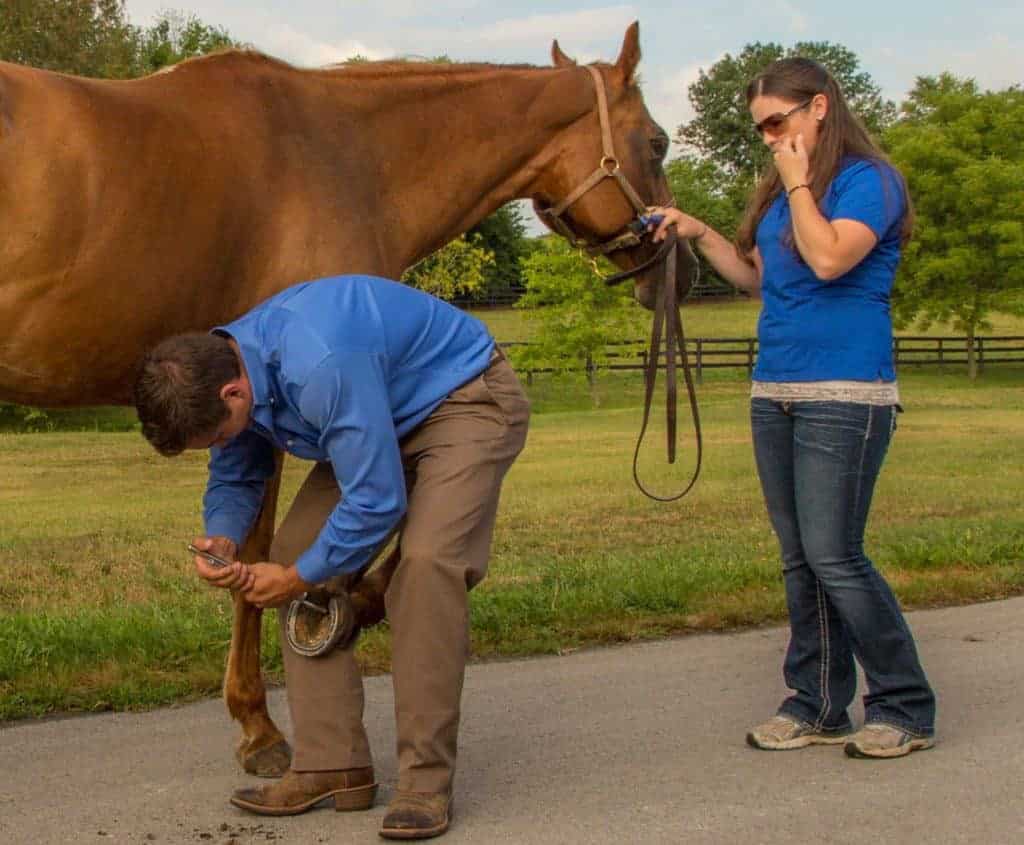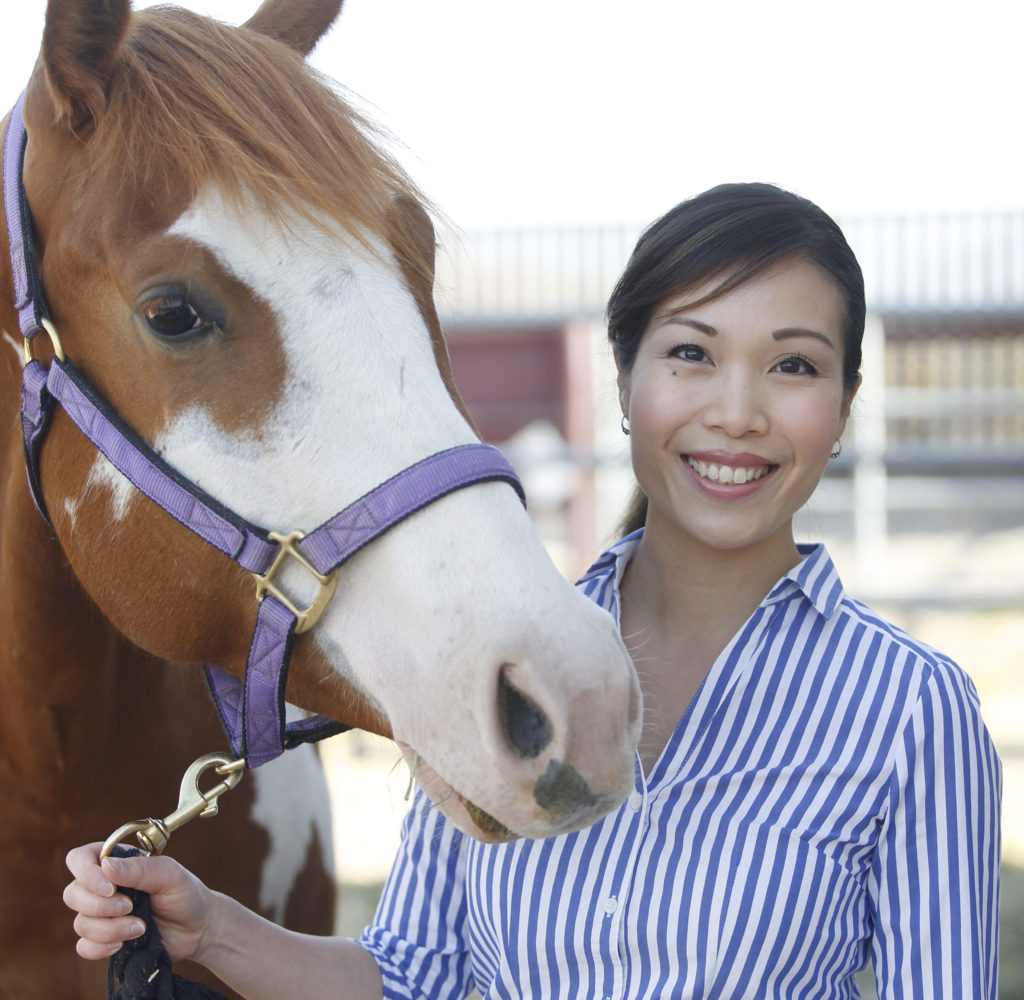
AAEP Convention & Trade Show Goes Virtual
In response to the COVID-19 pandemic, the 2020 convention will take place online. The education program will include live and on-demand presentations.
News and issues for equine health professionals

In response to the COVID-19 pandemic, the 2020 convention will take place online. The education program will include live and on-demand presentations.

Previously postponed from September 2020 until January 2021, Europe’s largest equine veterinary convention has been rescheduled until September 2021.

Non-steroidal anti-inflammatory drugs serve an important role in managing equine pain and inflammation, but sometimes they can do more harm than good.

Find out what hoof problems you can safely manage yourself and when to call in your farrier and/or veterinarian.

Acute respiratory distress syndrome (ARDS) causes rapidly progressive and severe respiratory failure and is associated with high mortality in affected patients.

The 2019 outbreak of VSV was the largest in recent history with 1,144 premises affected in eight states: Colorado, Kansas, Nebraska, New Mexico, Oklahoma, Texas, Utah, and Wyoming.

The Morris Animal Foundation is now accepting proposals for pilot studies focused on equine behavior and relating to health and welfare. Grant applications are due by Wednesday, Sept. 30, 2020, 4:59 p.m. EST.

The numbers show the equine veterinary profession lacks diversity. Here, equine internal medicine specialist, University of Calgary veterinary school senior instructor of equine clinical medicine, and The Horse contributor Jean-Yin Tan, DVM, Dipl. ACVIM, shares her experience as a minority in the industry.

A farrier is part of a team that also includes the horse, owner, trainer, grooms, and veterinarian. This team approach is never more necessary than when a horse has an injury or disease.
Associate Professor Dr. Jonathan Yardley won the contest, which celebrates the important relationship between veterinarian, owner, and horse.

While AHS doesn’t occur in horses in the United States, a current outbreak in Thailand, with a 94% mortality rate, illustrates the devastation possible when the disease affects a naive horse population.

Study: This corticosteroid was effective for treating horses with asthma and produced fewer side effects than current options.

Physiological stress can be an important equine welfare issue. Here’s what you should know.

Veterinarians need to assess horses, diagnose the cause of pain, and start medical management early for the best prognosis.

Though it can, rarely, resolve on its own, airway noise always merits investigation. Learn about the three most common noise-making pathologies and how they’re treated.

Researchers designed the smartphone technology to rapidly identify equine viral respiratory cases. Now, they believe the same technology could help identify COVID-19 in humans.
Stay on top of the most recent Horse Health news with
"*" indicates required fields